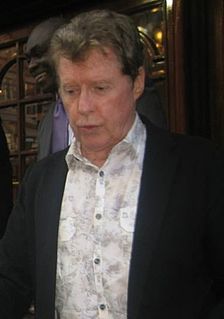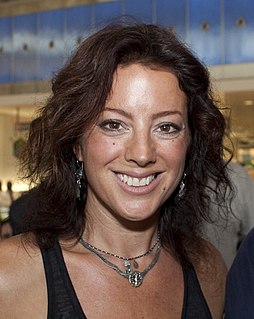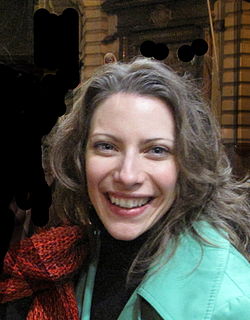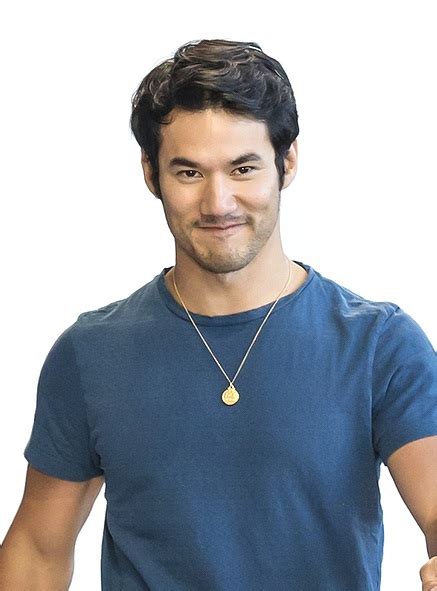A Quote by Lulu Wang
I can't speak for everybody, and I don't want to say it for an entire culture, but for me, coming from an immigrant family, it's very difficult to go find your voice, which requires a lot of failure.
Related Quotes
It's very advantageous to be sensitive with your work - and, yet, being sensitive, in reality, when criticized, it can annihilate you. It can destroy you. And with the internet there sometimes is a lot of harm, which I find must be very difficult for youngsters coming on - it can be very harsh; the criticism. And, sometimes, it can be a little cruel - which makes it hard for young performers coming on.
I guess it was easier for me to find my voice in poetry than it was in fiction. I'm working on fiction again, and I find it a lot more difficult. It's a struggle. At a certain point, you have your voice and you go to it every time, so it's not like reinventing the wheel. That's the way I see it at least.
When I go to Colombia or Mexico, I speak Spanish. When I go to Italy, I speak Italian. When I'm in Germany, I speak German. Would I expect them to speak English in these countries? No. I mean, great if they do, but no. Would I be offended if in Spain they say we speak Spanish? No. If I was an immigrant there, no.
I'm in a very close-knit, very, very tight family. My grandmother had 13 kids, so we had a lot of family like 50, 60 grandchildren and we all lived in Jersey, relatively in the same area. So every time there was something, my entire family was there. And I just believed everybody's family was like that.
In L.A., it's very easy to be healthy, because everybody there is so health conscious that no matter where you go, everybody is exercising or eating very healthy, and they have a lot of farmers markets. The problem is when you go on location or I go home to Wisconsin. That's where it gets difficult.
I was also very lucky to be able to work with talented people while I was learning. I didn't actually go to fashion school. I worked with Riccardo Tisci at Givenchy which was a really pivotal experience for me. He taught me a lot about being faithful to your own voice and to really believe in your own voice and that's made a big difference.
I always tell up-and-coming DJs you have to really love what you do and find that interest to drive you. It requires so much attention to detail, and it takes up a lot of your time. You hear a song, and there are so many little pieces that make that song work. It requires a lot of patience, diligence and resilience.






































